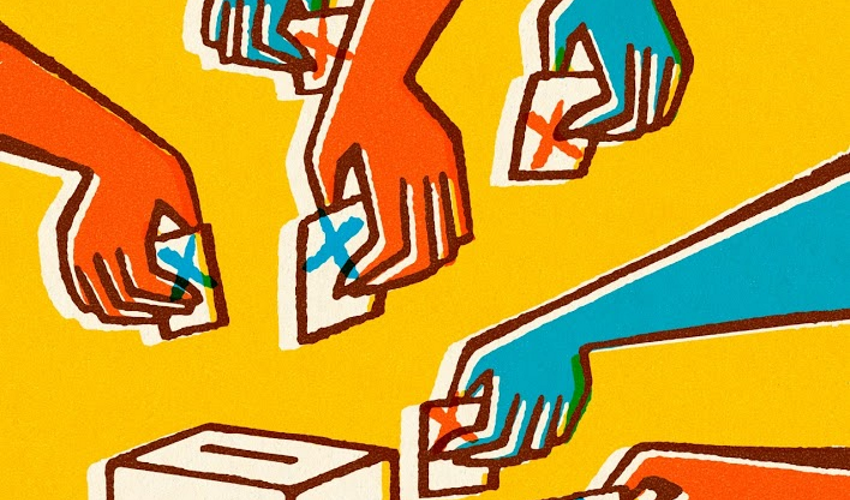
How the Axes of Political Belonging Change
THE CONNECTIONS BETWEEN WORK, ECONOMIC INEQUALITIES, AND POLITICS IN A STUDY BY GUIDO TABELLINI AND NICOLA GENNAIOLIGiven that the processes of globalization and automation have exacerbated economic inequalities, why do the losers from globalization vote for a party that is proposing a flat tax and not for a party that promotes redistributive policies? Nicola Gennaioli and Guido Tabellini provide the answer in Identity, Beliefs and Political Conflict.
“Large shocks changed the political conflict”, Professor Tabellini says. “New cleavages in society emerged, dividing winners and losers from globalization and automation. The split between left and right has become less important”. The authors integrated the social psychology of groups in political economic analysis. According to them, shocks cause individuals to change their social identity which may be defined by their occupation, region of residence, social class or religious belief.
“There is an element of depersonalization in the acquiring of a social identity. Individuals stereotype themselves by viewing themselves more as members of their group than as unique personalities. Thus, the winners from globalization who identify with an educated and urban group are led to praise cosmopolitan policies, whereas the losers from globalization are driven to exacerbate the conflict between nationalists and cosmopolitans and to mitigate the class conflict”.
In other words, globalization causes income inequality to increase, but the polarization of conflict between nationalists and cosmopolitans dampens the demand for redistribution by those who would benefit from it. There is more. Political dimensions are correlated across individuals. Voters who traditionally identified with left-wing groups are now attracted by nationalism because it satisfies their demand for protection and also their views over immigration and civil rights. Opinion polls in France and the U.S. have confirmed the theory. “This is not a passing phenomenon. The shocks that have caused it are not transitory. They may further exacerbate”.
Read more about this topic:
Nicola Gennaioli. The naive illusion of human rationality
The Influence of Others on University Study Choices
Anger Can Hurt Us and Others
Thinking About It Beats Repeating It
Other Peoples’ Choices Make Organizations Similar
Making Rational Decision Is Good for Performance
Political Corruption Scars Young Voters Forever
by Claudio Todesco
